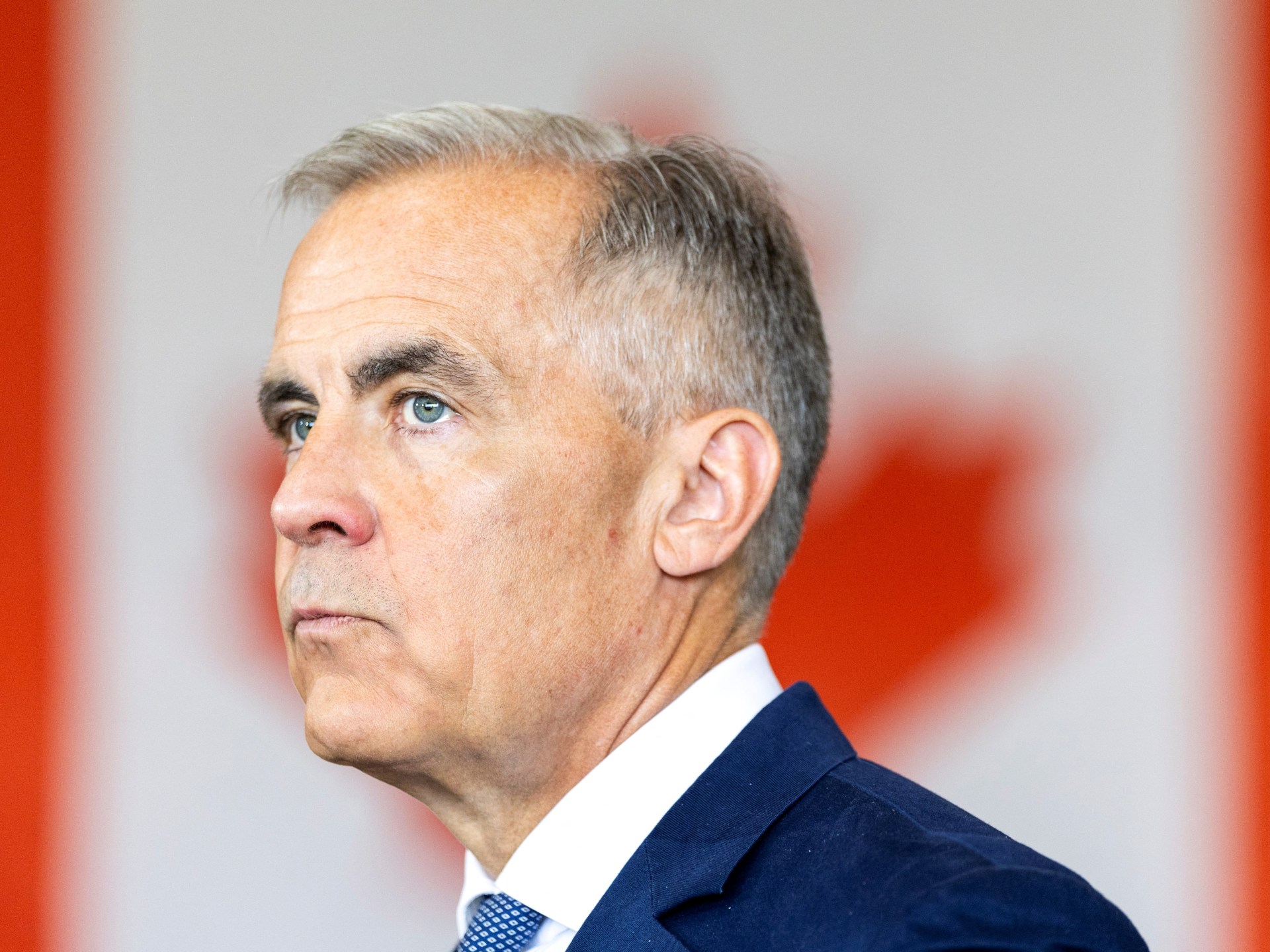Mark Carney, the prime minister of Canada, and Alberta’s premier have reached an agreement that will support the construction of a new oil pipeline to the West Coast while reversing some climate regulations.
In exchange for a commitment by Canada’s top oil-producing province to improve industrial carbon pricing and support a carbon capture and storage project, the federal government will abandon a planned emissions cap on the oil and gas sector and abolish rules on clean electricity.
Recommended Stories
list of 3 itemsend of list
Carney is attempting to diversify from the US market, which currently accounts for 90% of Canada’s oil exports, and is counting on the energy sector to help the country weather uncertainty caused by US President Donald Trump’s tariffs.
He has eased some environmental restrictions that his predecessor, Justin Trudeau, put in place while reaffirming his commitment to achieving zero carbon emissions by 2050.
No private-sector company has committed to building a new pipeline, despite Alberta’s ongoing investigation into the viability of a new crude oil pipeline to British Columbia’s northwest coast in an effort to boost exports to Asia.
Before a private company would consider proposing a new pipeline, pipeline companies and the Alberta government have stated on numerous occasions that significant federal and legislative changes, including removing a federal cap on oil and gas sector emissions and ending a ban on oil tankers off British Columbia’s northern coast, would be necessary.
The federal government has agreed to modify the Oil Tanker Moratorium Act in order to facilitate oil exports to Asia as part of the agreement on Thursday.
David Eby, the premier of British Columbia and a proponent of a new pipeline through his province, said the legislation should continue.
Other pipeline opponents are also making their voices heard. The pipeline project will “never happen,” according to a coalition of indigenous groups in British Columbia this week.
The Trans Mountain pipeline, which is owned by the Canadian government and is currently the only option for delivering Canadian oil directly to Asian markets, tripled last year’s capacity with a 34 billion Canadian dollar ($24.2) expansion.
By April 1st, the federal government and Alberta’s government also announced that they would reach a deal on industrial carbon pricing.
The two also agreed to work together on the development of Canada’s Oil Sands’ Pathways Plus project, which is anticipated to be the largest carbon capture project in the world.
Share this:
Related
Source: Aljazeera

Leave a Reply